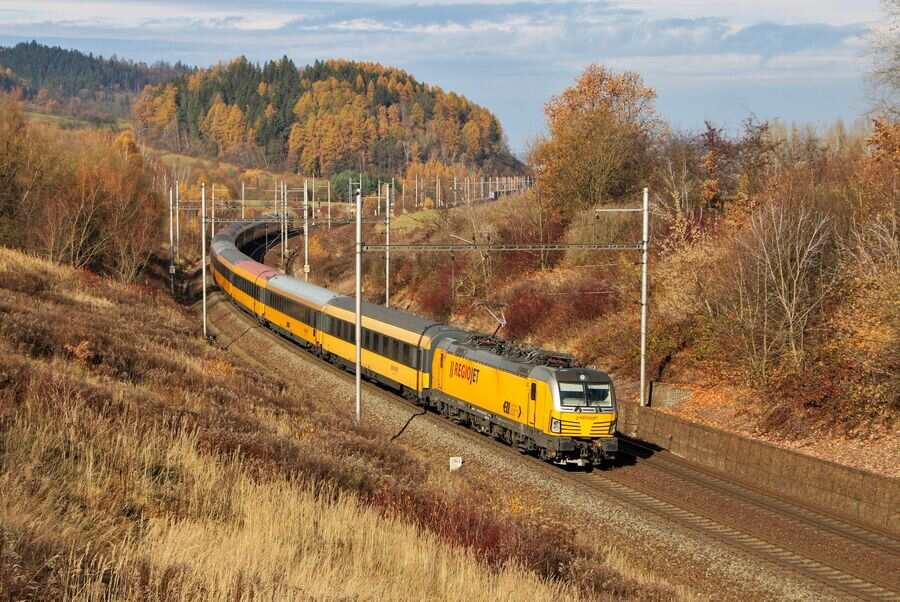Thursday, August 15, 2024
Reading Time: 2 minutes
After two years of nationwide rail strikes that have caused significant travel chaos, train drivers represented by the union ASLEF are poised to receive a new pay rise that could finally bring an end to the long-running dispute. The Department for Transport (DfT) has offered train drivers a phased pay increase, which includes a 5% rise for 2022-23, 4.75% for 2023-24, and 4.5% for 2024-25. All of these increases are backdated and pensionable, marking a significant step forward in resolving the conflict.
ASLEF, which has been at the forefront of the strikes, announced that an agreement had been reached in principle and that the union would present the offer to its members with a strong recommendation to accept. This development could mark the end of what has become the longest rail dispute in modern history, with drivers having conducted 18 days of strike action and a refusal to work non-contractual overtime.
The dispute has been characterized by ongoing tensions between the union, privatised train companies, and the previous Conservative government, which ASLEF has accused of failing to address the pay demands of train drivers. Mick Whelan, ASLEF’s general secretary, expressed his satisfaction with the new offer, emphasizing that it meets the union’s long-standing demands.
Whelan stated, “After being treated with utter contempt for the last two years by the privatised train companies, and the previous government that was pulling their strings, we finally have a new government – a Labour government – that listens and wants to make the railway work for staff, for passengers, and for the taxpayer.” He described the offer as “a good offer – a fair offer,” and expressed confidence that union members would accept it.
This potential resolution comes as a relief to many who have been affected by the disruption, with hopes that the agreement will restore stability to the UK’s rail services. The proposed pay rise, which aligns with the union’s initial demands, signifies a positive step towards rebuilding trust between train drivers, the government, and the rail companies.


